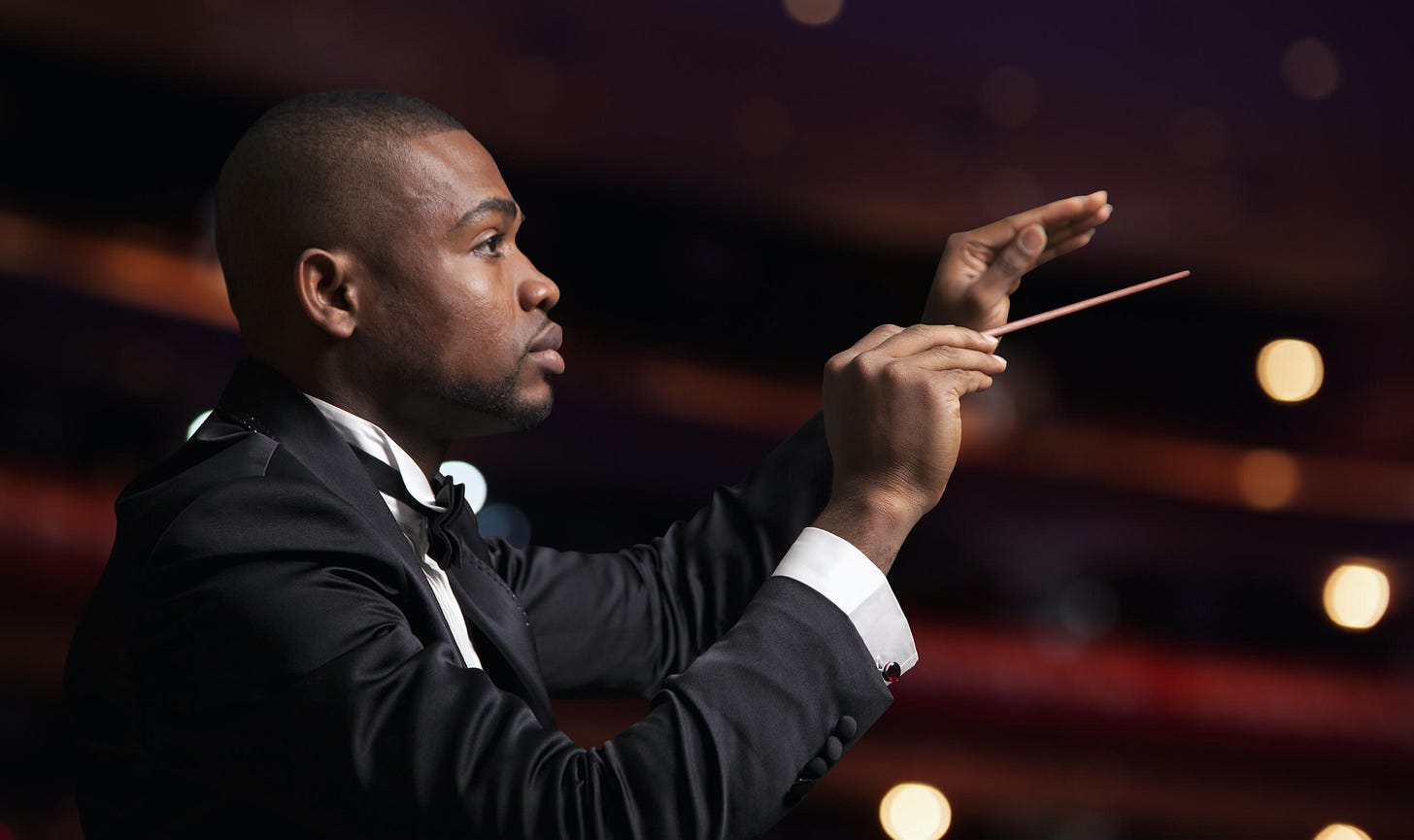Ever since the anonymous Instagram account @orchestraisracist garnered widespread attention several months ago for publicly outing supposed racists in the classical music industry, musicians have been lambasted and, in several instances, banished from the industry on the basis of hearsay. Classical pianist Yuja Wang, for example, was accused via Instagr…
Substack is the home for great culture



